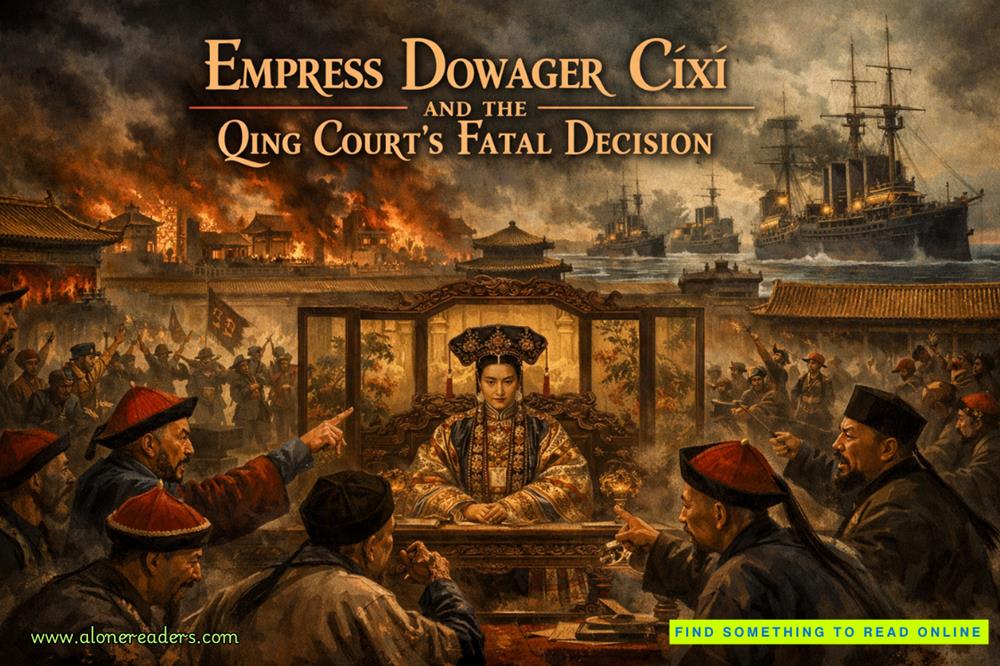“Yeah,” I said. “I’d love to.”
On Finn’s instruction, I brought a swimsuit, but I couldn’t find my sunglasses, so he lent me some. Soon we were walking toward the far edge of campus, out past the apiary, and started up the tree-lined path. It was a slow incline, switchbacks cutting a leisurely path up the mountain until the trail began to narrow and grow steep. We passed some lovely groves of silver pines and several gently burbling streams. The mountain air felt amazing, the way it filled my lungs and coursed through me. I could almost feel it energizing my cells.
The birds were incredibly active up there, and as the morning began to lengthen into an ever-brighter day, I saw some spectacular avian specimens—red-tailed hawks, northern flickers, and even a great blue heron. Finn pointed it out as it soared overhead, its two-toned coloring on full display, its wings spread out into an impressive span.
After a final, very steep climb, we reached our destination—a rocky outcropping from which we could look down on the expanse below. From up there, Hildegard College seemed so small, so insignificant. Even the lake and that island looked fairly modest and inconsequential. But what struck me was the isolation. We really were terribly alone, weren’t we? And from this bird’s-eye view, the woods that spread out and away from campus looked positively menacing. The foliage appeared unusually dark, and the forest itself seemed somehow too thick. There was also an odd sense of motion to the trees: as if windblown, they bent en masse toward the college—a great creeping BirnamWood intent on swallowing up the only man-made structure in its path.
After pulling our water bottles from our packs, we sat on the ground, drinking and chatting. I tried to press him more about Isabelle, but he clammed up, so I got him chatting more generally, hoping it might lead somewhere. We talked about women (apparently he liked them) and books (not so much). But when the subject of family came up, a melancholy seemed to wash over him.
“I have a sister, you know,” he said, shifting his weight forward so he was kneeling. “She used to work here, too.”
“Really? But not anymore?”
“No. She left.” He shifted his gaze, staring into the distance, wrapping his arms around his knees.
“Can I ask why she left?”
“Things aren’t as friendly here as they might seem. Some of us have to get out.”
“I’ve heard that about academia. It isn’t for everyone, apparently.”
He took a swig of his water. “I don’t mean academia. I mean this place in particular.”
“Why? What is it about Hildegard?”
“It’s old, really old. And it has roots that go back even further. And there is always a kind of schism between the old ways and the new—two paths, if you will—and my sister got really paranoid about one of the paths, let’s just call it a heavier one.”
“I’m not sure I understand what you’re talking about.”
He looked at me squarely. “We’re starting to see this all over the world in all kinds of different groups. What was once secret and taboo is coming to the fore, unafraid to hide anymore, and that’s what she feared was happening with Hildegard, with the governing bodies of the institution.” He gazed out over thetrees below. “She just decided she didn’t want to be part of it anymore—of any of it.” Pursing his lips, he looked over at me and then shook his head.
“You must miss her.”
“I do. But,” he said, clapping his hands, “listen to me going on. We came up here to swim. The lake is off-limits, so this is the closest spot for free swimming. Might as well take advantage.”
I looked at him sideways, deciding to see what I might be able to tease out of him. “Seriously, no one ever goes out to that island?”
He shook his head. “The lake, the island, it’s all off-limits. The higher-ups don’t want us going near any of it.”
“And you never question that?”
“It’s not my job to question it. Come on,” he said, jumping up. “Last one in’s a dialectical materialist!”
The watering hole wasn’t much to look at, but it was a dream to swim in. There was a low rock with a trickle of a waterfall spilling into the pool below, and although it probably wasn’t safe, we spent the afternoon jumping off it, cannonballing and drenching each other. A relaxed sort of exhaustion settled over me as we headed back down the mountain. We made it home just as the midday sun crested and began its descent into afternoon.
I spent the rest of the day leisurely perusing my research and trying to think about anything I might be missing. Eventually I found myself thinking about silphium. I knew it had to have some significance somehow, but as far as I could tell, the topic led nowhere. Every source I consulted told me much the same thing: It was an extinct wonder drug. What was I supposed toget from that? What could an extinct plant have to do with Isabelle? Eventually I got hungry, so I closed my computer and got cleaned up for dinner.
Up at the house, I found the others on the terrace, sipping champagne from delicate flutes. They were laughing, and Aspen, her hair done up in an elaborate twist, looked decidedly like a 1920s socialite. Her charm bracelet, dangling from her delicate wrist, glinted in the dying summer sun, and as I approached, the sparkle from it caught my eye.
“There you are,” she exclaimed, holding up her glass. “Your ears must have been burning.”
“Champagne?” Dorian asked, motioning to the bottle cooling in a bucket of ice.
“Finn tells us you had a nature excursion today,” said Dorian.
“We did,” I said, taking a glass of champagne. “We hiked up to this cool overlook and then went swimming for a bit. It’s such a pretty area.”
“I love that spot,” gushed Aspen, pressing her mostly empty flute to her heart.















